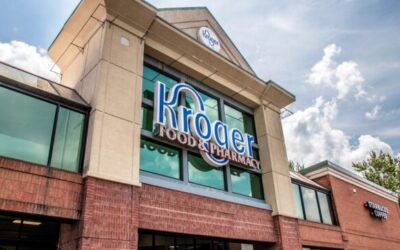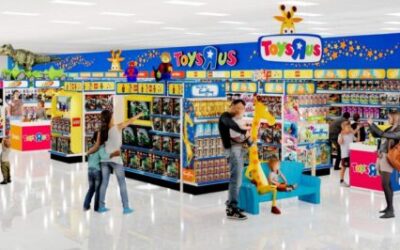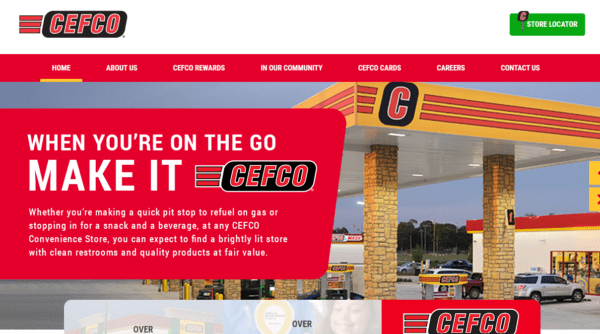REI Opens Dedicated Resale Store in Oregon


REI Co-op will open a Re/Supply store dedicated to resale gear and apparel in Clackamas, Ore. in late August 2023. The 16,113-square-foot store will open a few doors down from REI’s existing store in the Clackamas Town Center. The new location will join the co-op’s Re/Supply store in Manhattan Beach, Calif., which opened in 2020.
All REI co-op members, including the 303,000 in the Portland market, have access to the Re/Supply program. The store will focus on providing members with access to high-quality used outdoor gear and apparel with a frequently rotating selection. The products will include both typical returns and items received through trade-in programs.
REI has offered used outdoor gear to co-op members for more than 60 years through “garage sale” events at its stores. The retailer formalized its resale operations with a dedicated ecommerce site, trade-in program and in-store resale offerings in 2018, and sold more than 1 million used products through Re/Sale’s omnichannel operations in 2022.
“As a member-owned co-op, we have a responsibility to preserve the long-term health of the planet,” said Bob Cagle, Regional Director at REI in a statement. “Our Re/Supply offering reimagines the lifecycle of outdoor products and helps keep gear where it belongs — out on trails, waterways and other natural places. Opening a Re/Supply store in the community builds on the popularity of our used program that is enjoyed by many Oregonians.”
REI’s investment in Re/Supply aligns with the co-op’s 2030 climate goals of decoupling business growth from carbon impact. The retailer noted that buying used instead of new typically avoids carbon emissions of 50% or more, based on its estimate of preparing used gear for sale versus making new gear.
REI’s longstanding commitment to environmental issues makes resale a natural extension of its usual business, but other retailers launching their own resale services have been running into problems when it comes to profitability. Challenges such as one-of-a-kind items ballooning SKU numbers and the logistics of receiving and processing used goods have put pressure on achieving financial viability.











